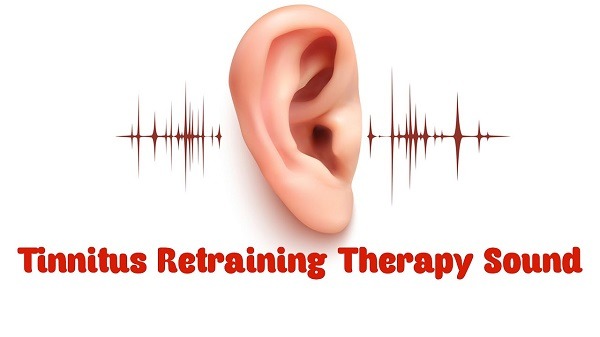
- People also ask Does tinnitus retraining therapy work?
- How long does tinnitus retraining therapy take?
- What is tinnitus retraining therapy?
- What is the success rate of tinnitus retraining therapy?
- Which therapy is best for tinnitus?
- Can I do tinnitus retraining therapy on myself?
Tinnitus is a condition where individuals perceive a ringing or buzzing sound in their ears or head, even in the absence of an external sound. It affects millions of people worldwide and can be caused by a range of factors, including exposure to loud noise, ear infections, and age-related hearing loss.
Tinnitus retraining therapy long-term treatment ?
Tinnitus retraining therapy (TRT) is a form of therapy that aims to help individuals habituate to the sound of their tinnitus, reducing their perception of it and its impact on their quality of life. It is a long-term treatment that requires patience and persistence, and its effectiveness varies depending on the individual.
TRT involves a combination of counseling and sound therapy. Counseling aims to help individuals understand the nature of their tinnitus, how it affects them, and how to manage it. Sound therapy involves the use of external sound, usually white noise or nature sounds, to reduce the perception of tinnitus and help the brain habituate to the sound.
The duration of TRT varies depending on the severity and duration of tinnitus, as well as the individual’s response to therapy. Some people may see improvement in a matter of weeks, while others may take several months or even years to notice a significant reduction in their symptoms.
TRT involves two phases:
The counseling phase and the sound therapy phase. The counseling phase typically lasts for a few sessions, and its goal is to educate the individual about the nature of tinnitus and how it affects them. The counselor will also help the individual identify any negative thoughts or emotions associated with their tinnitus and develop coping strategies to manage them.
The sound therapy phase is more extensive and involves the use of external sound to reduce the perception of tinnitus. This phase can last several months to several years, depending on the individual’s progress. During this phase, the individual will listen to external sound, either through a device or through environmental sounds, for several hours a day.
The sound therapy used in TRT is different from other forms of sound therapy used to treat tinnitus. Instead of masking the tinnitus sound, TRT aims to make it less noticeable by habituating the brain to the sound. This is achieved by using sound at a level just below the individual’s tinnitus sound and gradually increasing the level over time. This allows the individual’s brain to adjust to the sound and perceive it as less intrusive.
The success of TRT depends on several factors:
Including the severity of tinnitus, the individual’s response to therapy, and their commitment to the treatment. Some people may see improvement in their symptoms within a few weeks.
- Proper Diagnosis: It’s important to have an accurate diagnosis of low testosterone levels before starting TRT. This involves conducting blood tests to measure testosterone levels, as well as assessing symptoms and medical history.
- Individualized Treatment: TRT should be tailored to each individual’s specific needs, based on their testosterone levels, symptoms, and overall health. There are different forms of TRT, including injections, gels, patches, and pellets, and each may have different benefits and risks.
- Monitoring: Regular monitoring is important to ensure that TRT is working effectively and safely. This involves measuring testosterone levels and monitoring for any side effects or complications.
- Lifestyle Factors: TRT may be more effective when combined with healthy lifestyle habits, such as regular exercise, a balanced diet, stress management, and adequate sleep.
- Compliance: Consistently following the prescribed TRT regimen is crucial for success. Missing doses or discontinuing treatment can affect the effectiveness of TRT.
- Risks and Benefits: It’s important to weigh the potential benefits of TRT against the risks, which may include an increased risk of prostate cancer, sleep apnea, and blood clots, among other potential complications.



